(AfroGamers.com) A service like Marvel Unlimited is great because you have access to the publisher’s library of comics. While the recent stuff is from 2018-2019, my main thing is the older stuff. I like to see the root of characters and franchises—even if things tend to end up retconned several times over the decades. What has always caught my attention is the comics anthology series.
What Are Comics Anthologies?
Regularly when you get a comic book, it’s 20-24 pages of story content with the rest being ads. It can be more depending the book and publisher. As you know, publishers had comic books dedicated to a particular character and their stories—it’s the backbone of how books are planned out for publishing. Decades ago, another regular book was the comic anthology.
This was a book that was usually the same length as dedicated comic books but featured multiple stories. We’re talking between 3 or 4. These books really became a thing in the late 1930s. While you had some superhero anthologies back then, the main thing was theme books.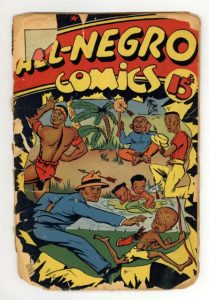
For instance, Weird Science was a science fiction anthology that featured several stories. All Negro Comics was an anthology. Three of the most famous were Action Comics where Superman made his debut, Amazing Fantasy, where many of Marvel’s top shelf heroes debuted, and Detective Comics—which is where DC Comics gets its name and where Batman made his debut. Strange Tales gave us Dr. Strange
You also have my personal favorites 2000 A.D and Heavy Metal. Popular HBO show Tales From the Crypt got its start as an anthology series as well. By the late 1960s, the anthology approach was starting to be scrapped from many Marvel and DC books.
As a matter of fact, many morphed into other titles. In other cases, a comics anthology is scrapped entirely. It didn’t mean the total end of anthologies but full-length books had always been the thing. After all, an anthology could be hard to fold into a large story arch.
Why Were These Books So Awesome Then?
For me, the main thing is you got a few stories in one issue. It was like reading a sampler only the sampler has long-running, dedicated stories. On top of that, stories are shortened. In full-length, dedicated comics, that month’s book will tell a part of a story.
Since all the pages are dedicated to this part or stage in the story, more detail goes into different nuggets of the story. Also, the pace is different and splash pages get their shine more often.
In an anthology, eight pages will be dedicated to a story of a particular character. Or it might be longer—if it’s in a magazine format—and focus on a short story as in Heavy Metal. Some world-building details might be left out if they’re not related to the story. As for the pacing, it comes off as faster. That’s only because it’s telling a portion of what would’ve been told in a full-length comic.
On top of that, comics anthologies tend to be released weekly or at least more than once a month. The most popular comics anthology in the world today is Shonen Jump which surged forward during the early stages of anime boom. If it could be a popular anime series in the West, the source material could be found in Shonen Jump.
If They Were So Cool Then Why Were So Many Cut?
For one thing, anthologies ate up a lot of paper and resources. Sure, they were the same length as dedicated, full-length comics but they came out weekly. Some characters generated multiple spin-off books as well. So, you ended up seeing the same character and their related cast every week.
Superman and Supergirl one week, the following week Super Boy and Man of Steel, and the third week Krypto and Superman & Lobo—or whatever. That could be publishing schedule.
Add in a weekly anthology series and it’s like “What is this?!” It keeps popping up, every week, the same title. That could’ve been three additional titles instead of a continuation of this one book.
Of course, beyond the U.S, there are publishers who run their new content in anthologies first before collecting a series in a graphic novel. For a market like the UK or Japan, weekly comics anthologies do well.
A Use For Comics Anthologies Now
I believe they could serve as good character test run books. Instead of the risk on running books that are likely to end in six issues, run those stories in an anthology. They would even work as a way to use characters that don’t get used often. You know, the folks that are fans of strong support characters or villains. Maybe Taskmaster could get a story in such an anthology?
I’m just saying, these kinds of comic books allowed publishers to introduce and develop several characters at once in their own separate stories. Bringing them back could be a low-risk way to test out characters and ideas. If Marvel just ran with Rebellion’s approach for 2000 A.D, two regular series could be Nighthawk and Taskmaster.
Speaking of that character, the post-Marvel Civil War Initiative period could’ve been a starting point for this. This part of the storyline introduced several interesting characters and put a spotlight on others. I’d never figured Constrictor could be that funny. An anthology series covering this would’ve been nice but probably would’ve interfered with the larger story being told.
For other publishers, it allows for these stories to continue being told with a few constant characters and new ones getting their stories. Or even just returning series. The medium is flexible, can be anything or have any demographic the publisher wants, and you can run several in a fairly-priced book.
Being paired with some stories could pull popularity for another series. On the other hand, if there are three or four mediocre or dying books the series can all sink slowly in one book together.
Staff Writer; M. Swift
This talented writer is also a podcast host, and comic book fan who loves all things old school. One may also find him on Twitter at; metalswift.


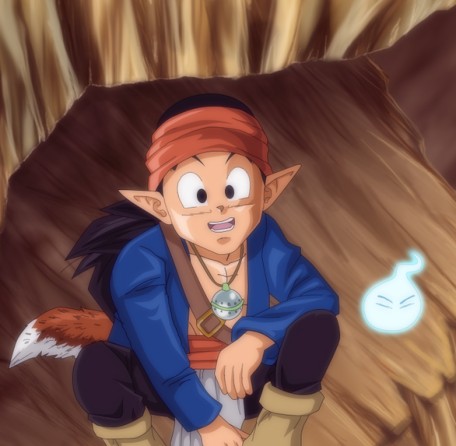
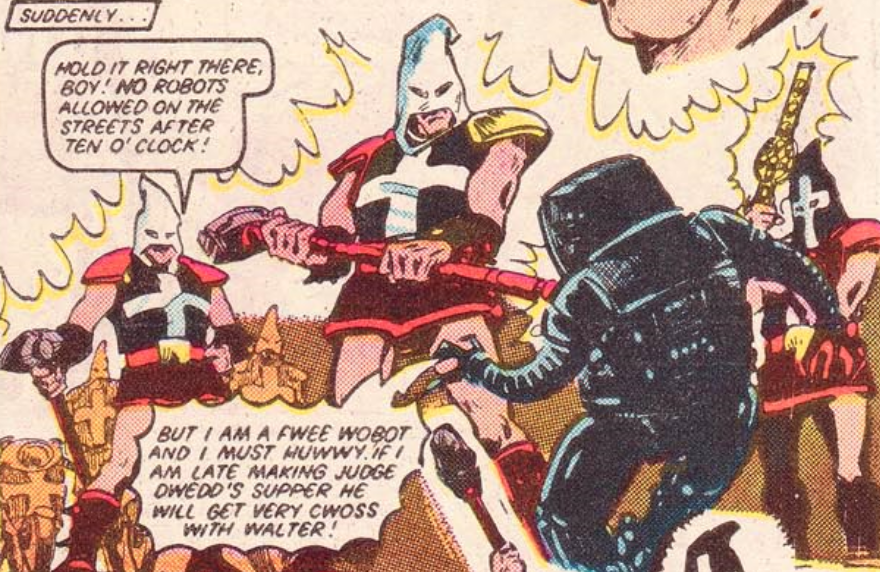







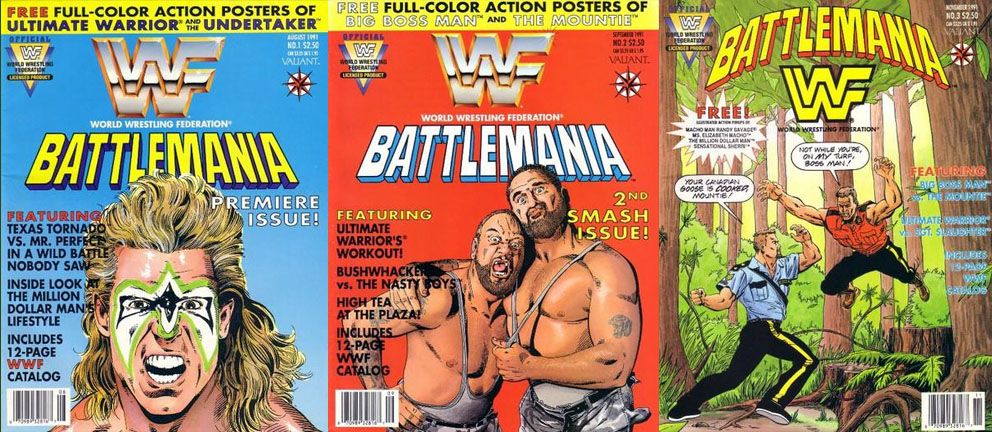

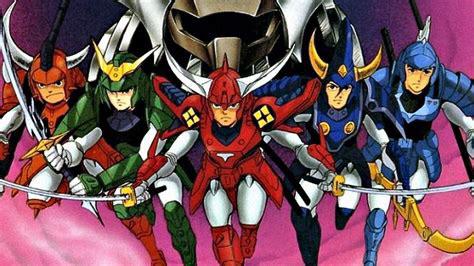
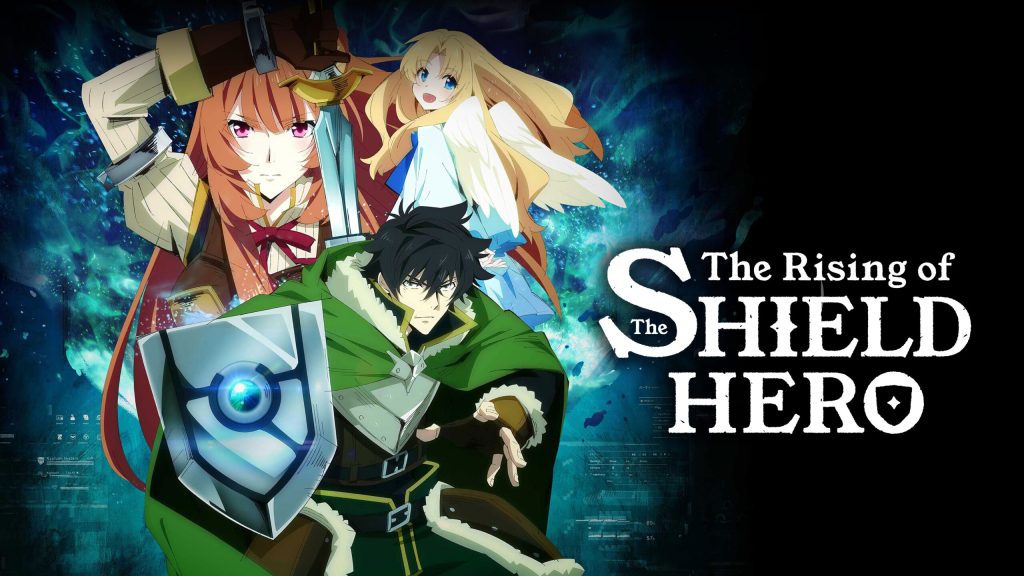


Leave a Reply